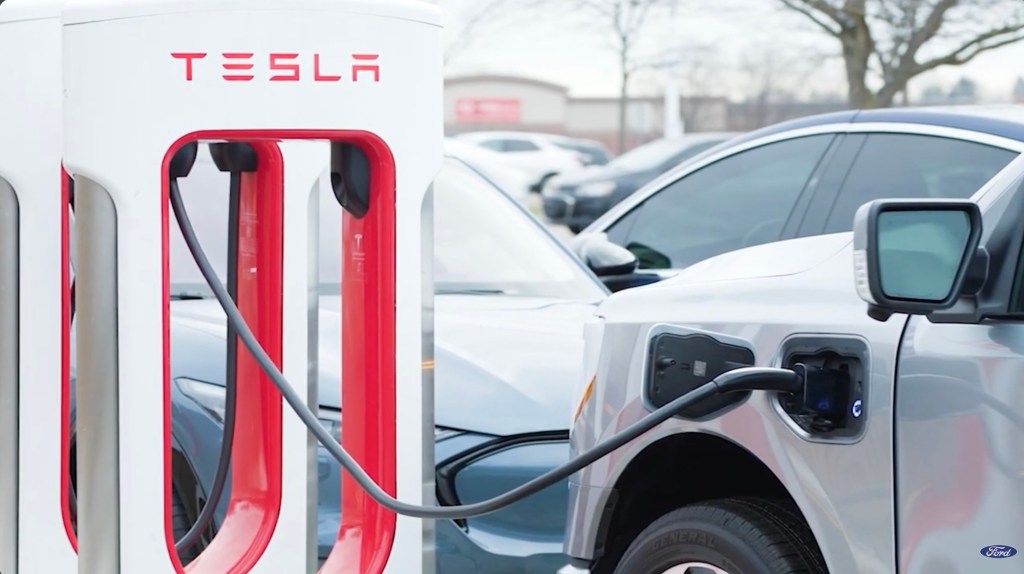In the evolving landscape of electric vehicles (EVs), the potential for these vehicles to support and enhance the electrical grid has become a focal point. Peter Wilson, co-founder and CEO of Volteras, envisions a future where EVs are central to the energy grid, acting as mobile energy storage units that can supply power back to the grid when needed.
The United States installed 37.1 gigawatt-hours of grid-scale energy storage last year. If every EV currently on the road were equipped with bidirectional charging capabilities, the nation’s energy storage capacity could increase nearly tenfold. However, challenges remain, including the limited availability of vehicles supporting vehicle-to-grid (V2G) connections and the scarcity of affordable bidirectional chargers.
Addressing these challenges, Volteras has been developing software solutions to facilitate the integration of EVs into the energy grid. The London-based startup recently secured an $11.1 million Series A funding round led by Union Square Ventures, with participation from Edenred, Exor, Long Journey Ventures, and Wex.
Volteras is creating a virtual infrastructure that enables connected EVs to function as virtual power plants. By aggregating the energy stored in multiple EV batteries, utilities can access distributed power sources that can be dispatched quickly to meet demand. Beyond energy management, Volteras’ platform offers access to various connected-car features, including remote unlocking and telematics.
The company integrates with automakers’ APIs, providing these functionalities to third-party companies. For instance, utilities can compensate EV owners for supplying electricity back to the grid, while car rental services can utilize remote unlocking features for customer convenience. Volteras operates on a subscription model, charging companies a monthly fee per connected vehicle and sharing a portion of the revenue with automakers.
Several companies are exploring similar solutions to connect EV batteries to the grid, including Texture, EV.energy, and Greenely. However, Wilson asserts that Volteras has a competitive advantage, collaborating with over 30 automakers, including Ford, BMW, Tesla, Stellantis, and Volvo. He anticipates that by the end of the year, Volteras will cover approximately 90% of the global automotive market.
Automakers have recognized the financial potential of connected vehicles, though progress has been varied. For example, in 2021, General Motors set an ambitious target for its subscription services, aiming for $25 billion in revenue by 2030. Volteras’ approach aligns with this trend, offering a platform that not only enhances vehicle connectivity but also contributes to the broader energy ecosystem.
In summary, Volteras is positioning itself at the intersection of transportation and energy, developing solutions that enable EVs to play a pivotal role in grid management and energy distribution. Through strategic partnerships and innovative technology, the company aims to lead the charge in integrating electric vehicles into the energy infrastructure.



